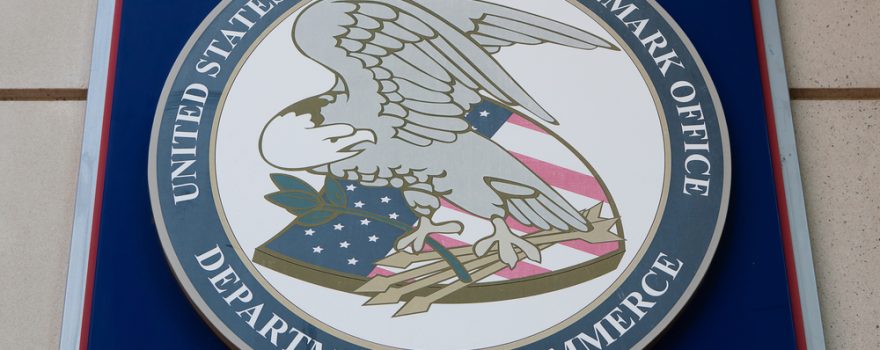
The U.S. Patent and Trademark Office (USPTO) has declared that artificial intelligence (AI) systems are ineligible to be named as inventors. The agency’s latest guidance clarifies that individuals can use AI tools in the patent creation process, but AI entities cannot be recognized as inventors.
Following a series of public hearings, the USPTO emphasized that utilizing an AI system doesn’t disqualify an individual from inventorship. However, a crucial condition is that the person must make a substantial contribution to the development of the invention concept. A mere observer who instructs an AI system without actively contributing cannot be considered an inventor.
The agency mandates that patent applicants disclose if they employed AI in the creation of their invention. This requirement aligns with the broader principle of revealing all material information pertinent to the decision-making process, regardless of the involvement of AI.
To qualify for a patent, the person using AI must demonstrate a significant role in shaping the problem posed to the AI system, leading to a specific solution. The USPTO asserts that merely maintaining ‘intellectual dominance’ over an AI system does not confer inventor status. Ownership or supervision of AI-driven creations doesn’t grant patent eligibility.
The agency’s stand builds on its 2020 ruling that limited patent applications to “natural humans.” This decision followed the rejection of a petition from researcher Steven Thaler, who attempted to include the DABUS AI system he developed as an inventor. The USPTO’s stance was later upheld in federal court. Notably, a separate ruling affirmed that AI systems cannot be copyrighted, reinforcing the legal landscape around AI-generated intellectual property. The USPTO’s clear directives mark a pivotal moment in defining the role of AI in the patent process.
